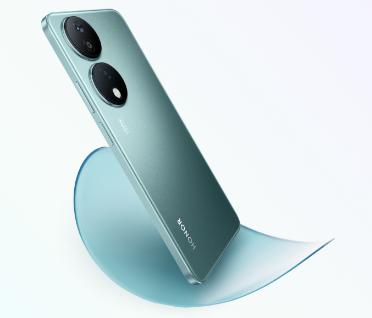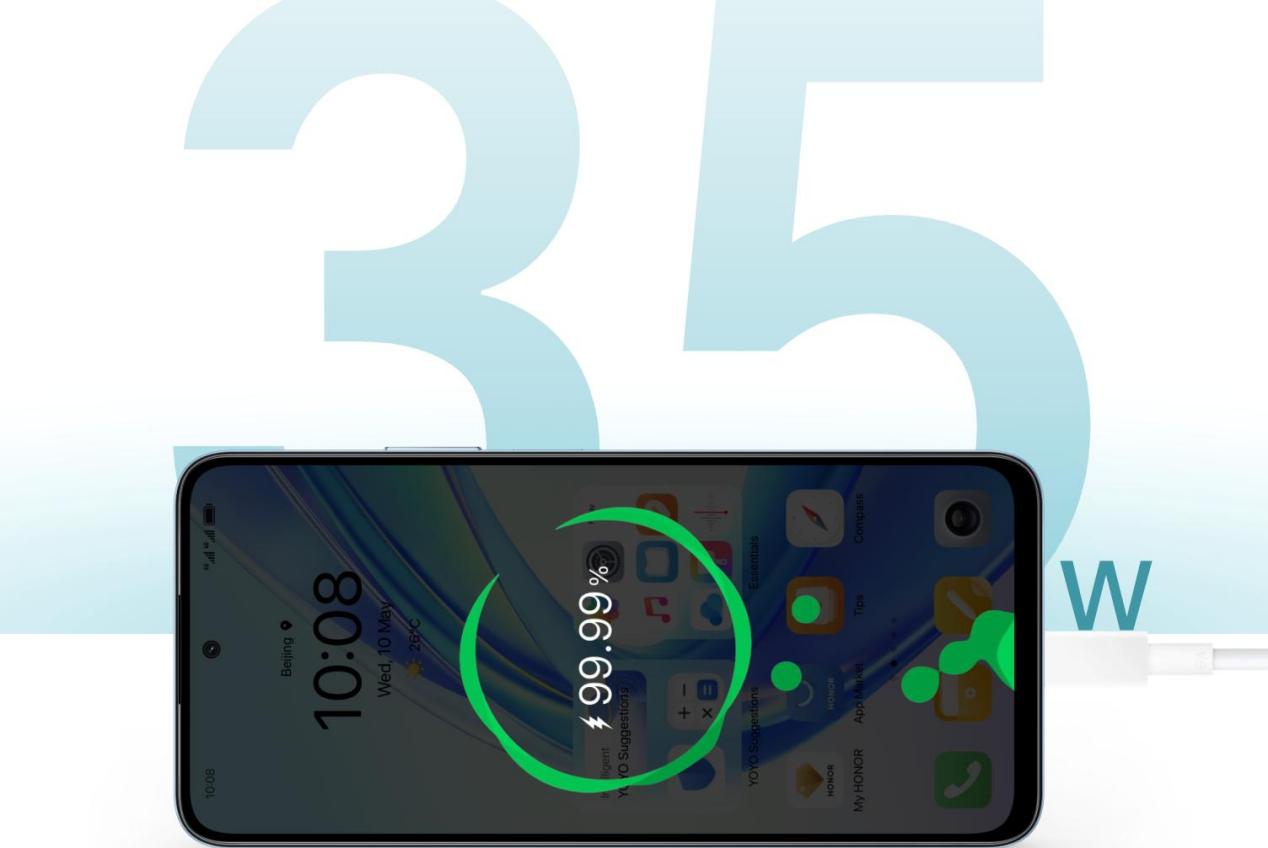The NFC feature of a cell phone is a short-range wireless technology that allows two devices to transfer data without contact.NFC has become one of the standard features of modern smartphones, and there are several situations in which it is most beneficial.
The Most Practical Situations
Mobile Payment
NFC technology is most useful for mobile payments. Users can make quick payments by bringing an NFC-enabled phone close to a POS. For example, when you go to a coffee shop to buy a coffee, simply get your phone close to the POS at the register and complete the payment without removing your wallet or credit card.
Access Control
NFC technology is widely used in access control systems. Take a company office building as an example; employees can use the NFC function of their cell phones instead of traditional access cards. Holding the phone close to the access control reader lets them quickly enter the building, avoiding the trouble of carrying multiple cards. If you're looking for a lot of these features, then the HONOR X7b is the one you're going to be happy with
Public Transportation Card
NFC technology can also be used in public transportation. For example, in some cities' bus or subway systems, passengers can use the NFC function on their cell phones to swipe their cards to ride the bus without carrying a physical card. This is convenient and reduces the time spent queuing for tickets.

File Transfer
NFC technology can be used to transfer files between two NFC-enabled cell phones. For example, if you want to share a video or a document with a friend, simply bring the two phones close together and select the file, and you can quickly complete the file sharing.
Electronic Identity
With NFC technology, cell phones can become a substitute for electronic identification documents. For example, at airports in some countries, travelers can use their phone's NFC capability for self-boarding, eliminating the need to print out boarding passes or present physical IDs.NFC technology can also be used to simplify pairing Bluetooth devices. When you need to connect your phone to other devices, such as headphones or speakers, simply bring them close together and touch them to automate the pairing process, avoiding the tedious step of manual setup.
Meeting Check-in
Organizations can use NFC technology in large conferences or events to simplify check-in. Participants only need to bring their cell phones close to the card reader to automatically complete the check-in process and obtain relevant information, which improves the efficiency of the meeting.
Electronic Key
Some hotels or residential neighborhoods have adopted NFC technology as a door lock system. Users only need to bring their cell phones close to the door lock sensing area to unlock the door without the need to carry a physical key.NFC technology can be used for e-ticketing in venues such as concerts, sports events, or movie theaters. Users can quickly authenticate and enter the event venue by holding their phone near the card reader, eliminating the need to carry a physical ticket.
Resource Sharing
NFC technology can support the convenient use of resource-sharing platforms. For example, shared bike or shared car services can use NFC functionality to authenticate users and turn on usage privileges, improving the management efficiency of shared resources.

Health Monitoring
With NFC technology, users can easily connect health monitoring devices to their cell phones. For example, by placing a blood pressure monitor or blood glucose meter near the NFC area of the phone, measurement data can be transmitted to the phone for recording and analysis.
Summary
The NFC function of cell phones shows excellent utility in the above scenarios, bringing users a convenient, efficient, and innovative experience. With the continuous progress of technology, the NFC function will continue to promote the development of various fields and bring more convenience and possibilities to our lives.
